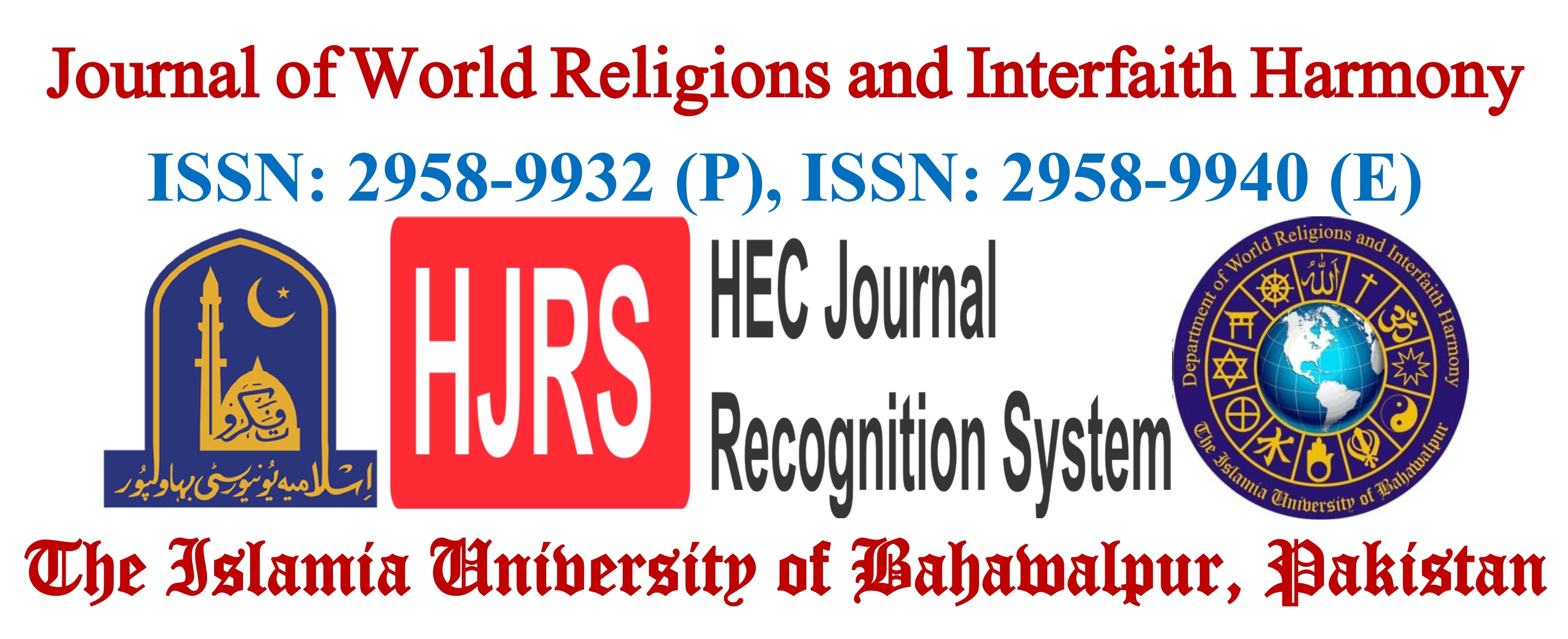A Comprehensive Overview of the Mentors and Teachers of Maulana Abdul Hadi Shah Mansoori
Abstract
Molana Abdul Hadi Shah Mansoori (RA) was one of the prominent scholars of the 20th century who dedicated his life to the service of Islamic sciences. His profound knowledge and teaching legacy reflect the influence of his esteemed teachers, who were not only renowned scholars of their time but also active contributors to religious and social reforms. Among his distinguished mentors were Molana Qutbuddin Ghorghashtwi (RA), Sheikh-ul-Tafseer Molana Hussain Ali (RA), Molana Naseeruddin Ghorghashtwi (RA), Molana Muhammad Zaman Shah (RA) known as "Abba Sahib," Molana Abdul Qahar (RA) also known as "Muwat Molvi Sahib," Molana Habibullah (RA) alias "Sahib-e-Haq of Zarubi," Molana Muhammad Siddique (RA), Molana Abdul Rauf (RA) popularly known as "Kaddi Molvi Sahib," and Molana Qazi Gul Muhammad (RA).
These luminaries were leaders in their respective fields, excelling in both religious sciences and societal reforms. They played significant roles in movements such as the Khilafat Movement and the Pakistan Movement, while also addressing legal and social issues based on Islamic principles. Their contributions to Islamic education and reformation continue to serve as guiding examples. The scholarly stature of Molana Abdul Hadi Shah Mansoori (RA) is a testament to the exceptional training he received from these illustrious mentors, whose contributions deserve recognition and study in contemporary times.
Downloads
Published
How to Cite
Issue
Section
License
Copyright (c) 2024 Ubaid ur Rahman, Dr. janas khan and Dr. Najmul Hassan

This work is licensed under a Creative Commons Attribution-NonCommercial 4.0 International License.






